So you want to go on an epic roadtrip?
Every year, thousands of camper vans zip along some of New Zealand’s most scenic roads for one simple reason. It’s because when you buy a camper van in New Zealand and decide to live on the road, you give yourself a sense of freedom unlike any other. It’s a freedom that allows you to fall asleep under the stars and wake up with the sunrise every day.
But how do you buy a van if you don’t have any mechanical knowledge? What if it breaks down in the first week of driving and you’re stranded in the middle of nowhere? All that money that you’ve spent months saving up could just end up being towed away into the sunset.
Fortunately this doesn’t have to be the case, and you might just end up having the adventure of a lifetime…
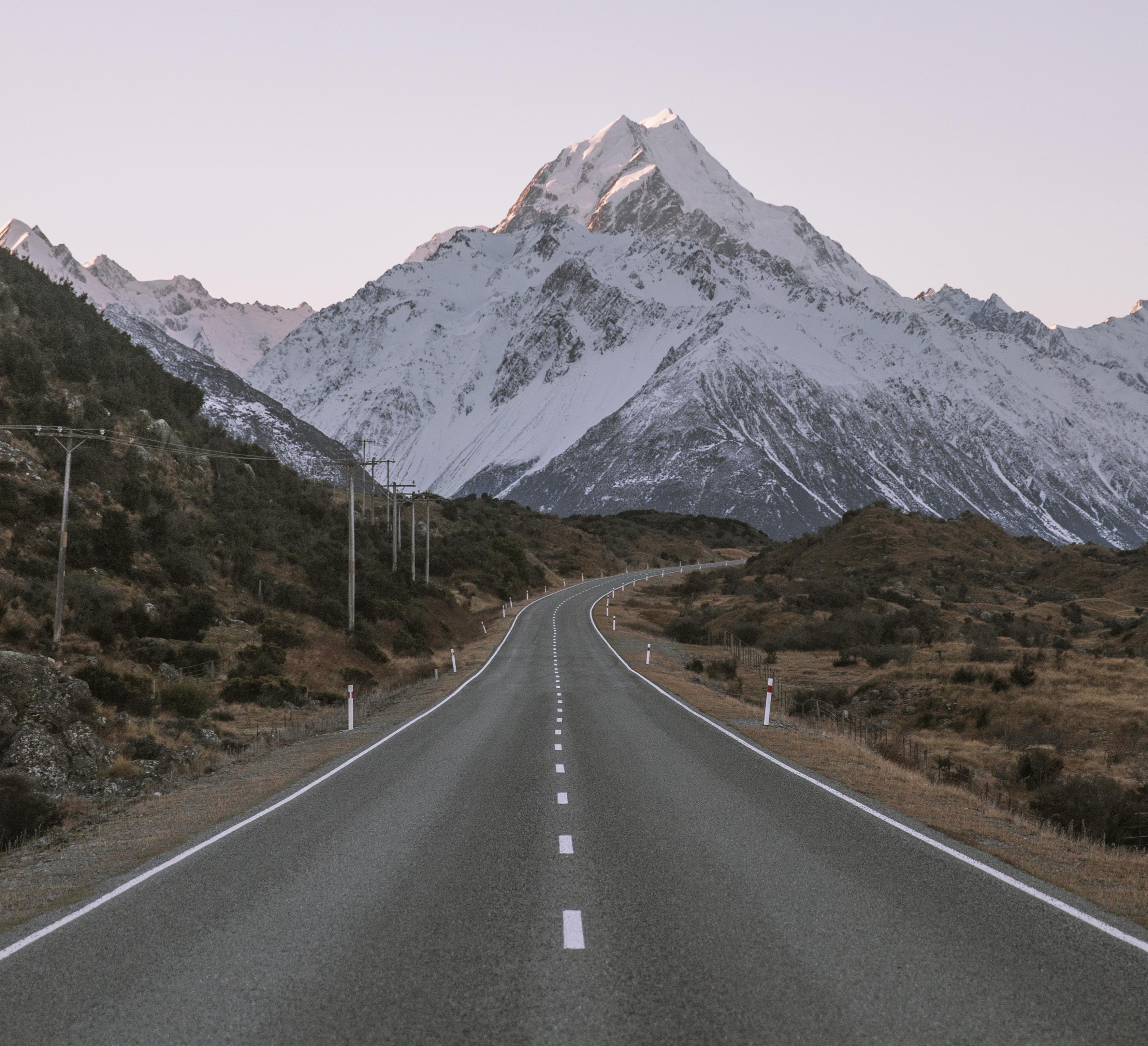
Finding the van that’s right for you
So if you’ve been thinking about driving into the sunset with the wind in your hair and you’re ready to start planning an epic roadtrip. It all starts with finding the perfect van.
There are so many different types of vans to choose from so to make it a little easier, you can narrow it down by choosing between these two categories:
- Self-Contained: If you want to camp for free at Freedom Campsites that are available in New Zealand then this is what you’ll need. These vans will have a certificate to show that you have clean and dirty water storage, an onboard toilet, and can sustain the people living inside for 3 days.
- Non Self-Contained: These vehicles tend to be a bit smaller and initially a cheaper option. However, you’ll have to pay for campsites. Some free campsites are available to non self-contained vehicles but they’re often hard to find.
We chose self-contained when we made the decision to buy a camper van in New Zealand because we were on a budget and despite the higher initial cost of the van we’ve saved money in the long run by camping in as many free campsites as possible.
Things to consider:
- Can the bed be easily converted into a table to hide from the rain? Depending on the time of year, the weather can determine if you’ll eat inside or out
- Are you going to stick to paved roads or explore dirt tracks? Some freedom campsites are only accessible by 4wd during the colder months.
- Is there plenty of storage? An organized van is a happy van. Take our word for it!
- Can you drive a manual? There’s plenty of choice for either automatic or stick shifts but it’s down to personal preference.
- Petrol or Diesel? Diesel is about 70 cents cheaper per litre than petrol, although you do have to pay a diesel tax for every 1000kms driven. It works out at about the same cost but diesel tends to be more fuel-efficient.
Alternative option:
- A small/Medium sized car: These are normally going to be cheaper than a campervan but not quite big enough to sleep in. You’ll have to book hostels and hotels for your accommodation or sleep in a tent at paid campsites.
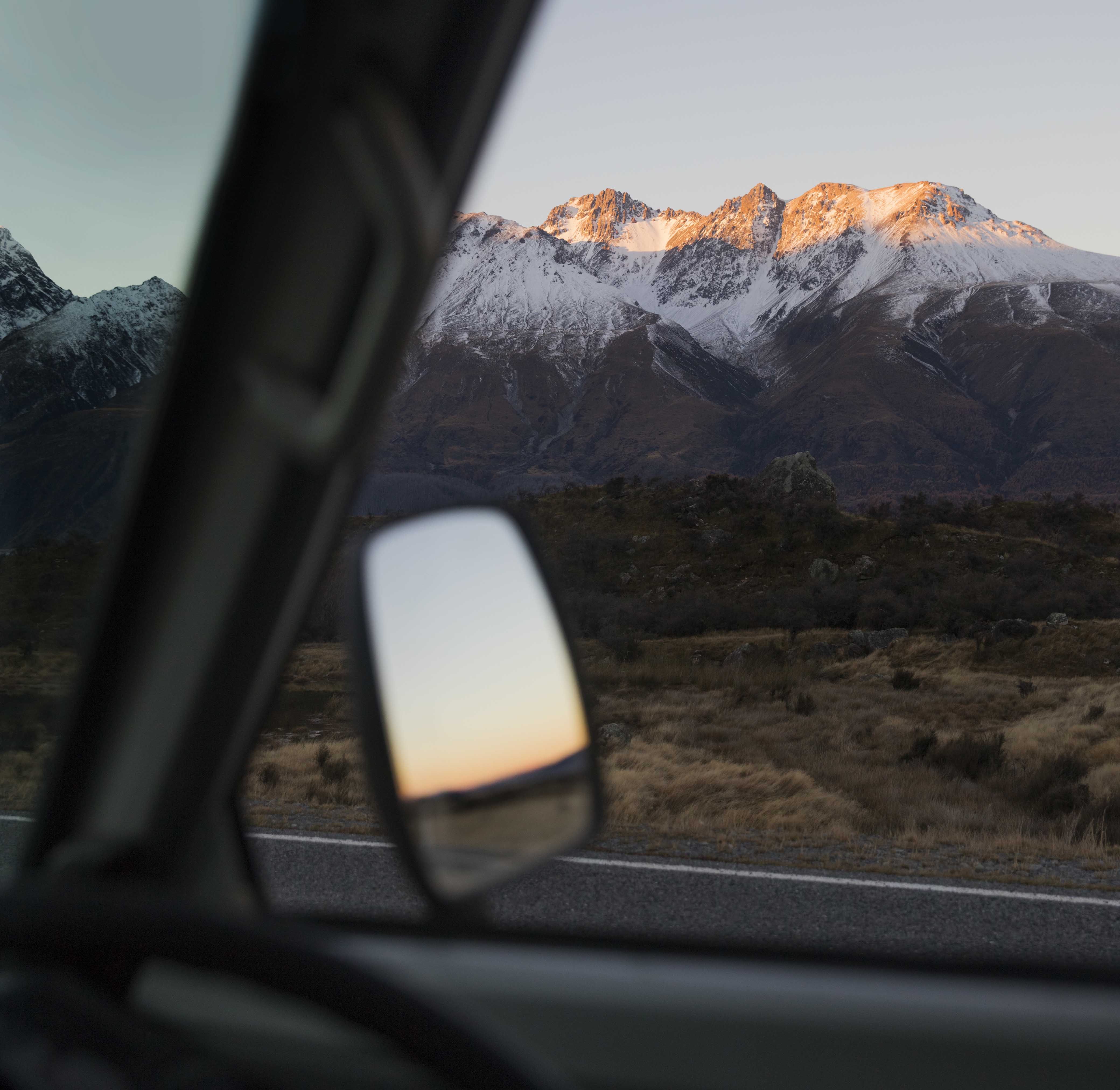
Where do you even look to buy a camper van in New Zealand?
You figured out what kind of van you’re looking for, but where’s the best place to find a good deal?
Big cities like Auckland, Christchurch and Wellington are full of road-trippers trying to sell their vans before flying home. This means that finding a decent campervan that’s in your budget is easier than you might think.
- Hostel Noticeboards: There are plenty of hostels in New Zealand and they’ll all have noticeboards full of guests trying to sell their vans. What’s good about this is that arranging a viewing is easy if you’re staying in the same building as them.
- BackpackerBoard.co.nz: This is the online version of all the hostel noticeboards combined and more! There’s hundreds of listing on there for all types of vans and it’s easy to contact the owners to arrange a viewing. You can sort the listings by area, which is handy to help narrow down the wide selection of cars and vans for sale.
- Trademe.co.nz: The Kiwi version of eBay, Trademe is an online auction site that sells just about anything. There’s loads of vehicles for sale on there and you just like BackpackerBoard, you deal directly with the seller.
Things to consider:
- Have a budget and stick to it! Set an upper limit to how much you’re willing to spend. Remember that you might need to buy new pots and pans, camping equipment or even need to get the vehicle serviced so make sure to aside some funds for that.
- Where is the van located? If it’s a long way from where you’re based then consider the time it will take to get there and if it’s definitely worth it. Perhaps arrange to meet halfway if it’s a long drive.
- The cost of a van can vary depending on the season. The majority of travellers who come to New Zealand to buy a van and explore the country will come in the summer months when the weather is warmer and the days are longer. Because of this increase in visitors, the average price of a van is much higher at the beginning and middle of the summer (October – January) compared to the end of the summer and beginning of winter (March – May). If you have a one-year visa then consider what time to arrive and buy a van. If you look after the van well and sell it at the right time, you could break even or make a profit.
Alternative option:
- Used Car and Van Dealerships: Vehicles bought from here will be more expensive than elsewhere but will usually have a more complete service history and they sometimes even come with a warranty. If you have a bigger budget and are planning on investing in a long-term vehicle then this is probably a better choice.
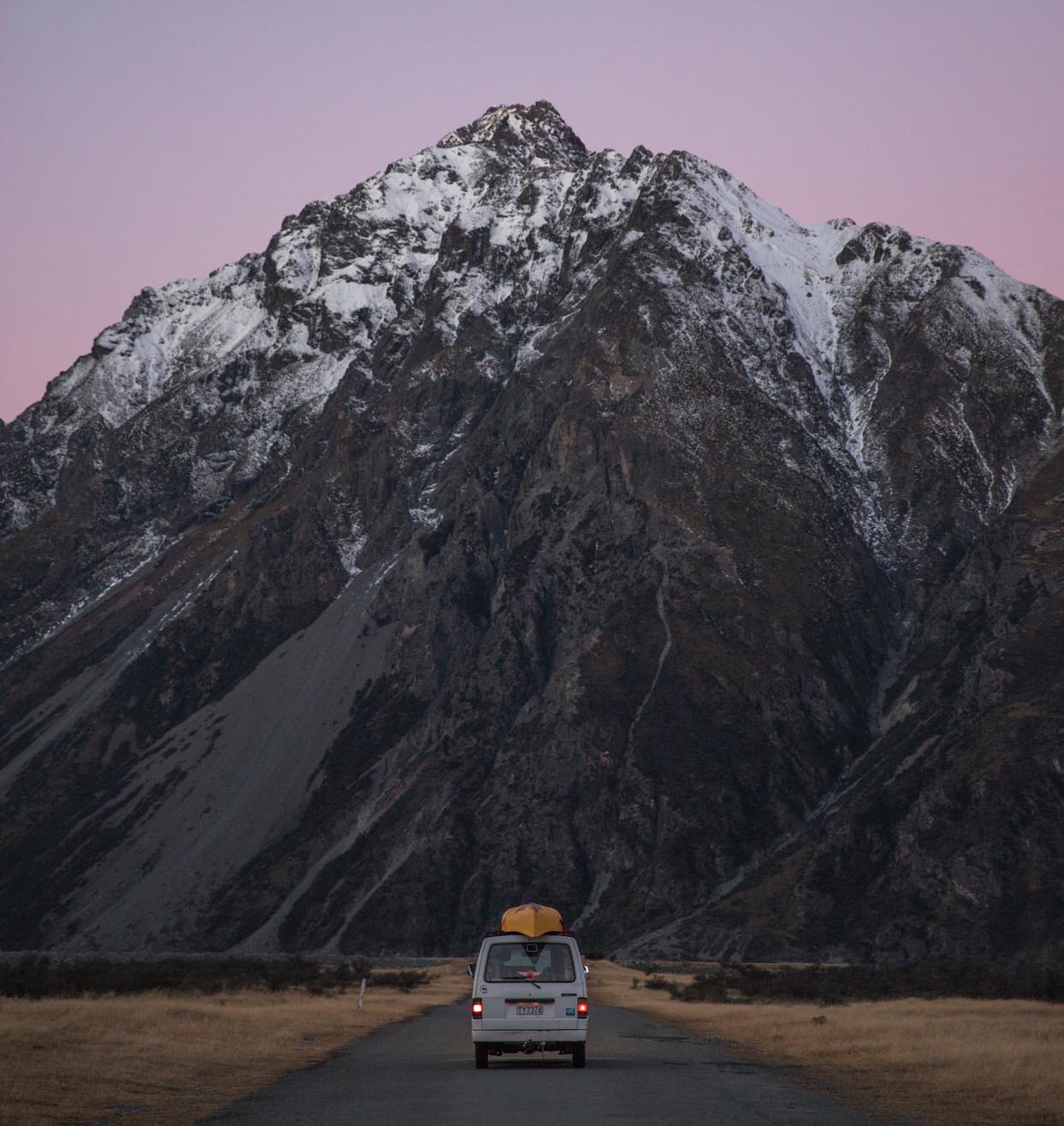
What to check when viewing the van
Once you’ve found a few vans that suit your requirements and budget, its time to view them in person and take them for a test ride. This is usually the most daunting part of the process, especially if you’ve never bought a second-hand vehicle before.
It’s always best to view a vehicle in daylight. At night, you might not be able to see an oil leak or rust under the chassis. Even during the day, bring a torch to help you see into the darkest corners of the van.
Not everyone is mechanically minded; we just want something that runs. But to make sure you’re not about to buy a deathtrap then here are a few simple things to check to make sure that the van is in decent condition:
- Warrant of Fitness (WOF): This is one of the most important things to check when buying a van. It’s a certificate to prove that the van you’re about to buy is in a roadworthy condition (at time of testing). Vans with a recently completed WOF will tend to be slightly more expensive but are less likely to need any work within the first few months of driving.
- Registration (REGO): Every vehicle in NZ needs to be registered with the NZ Transport Authority in order to be driven on the roads. Check how long the REGO is valid for, the longer the better.
- Service History: Look over the service history. Has it been regularly maintained? A regularly serviced vehicle will generally be more reliable than a van that hasn’t been treated well.
- Listen to it start up from cold: A vehicle that runs well should start from cold easily and without a fuss. Older vans might splutter a bit if it’s been really cold overnight, but after a few seconds the engine should sound normal.
- Tyre Wear: Is there plenty of tread left on the tyres or will they need to be replaced soon? Look at each tyre individually; are they worn more on one side or another? Uneven wear could mean it needs a wheel alignment, which can be expensive.
- Rust: Thick mud can easily hide rust from a buyer. Look inside the wheel arches and under the van. If there is any major rust on the bodywork or chassis then stay away. Cutting out the rust and welding in new metal is expensive and takes time. A few small spots should be okay but be cautious.
Once you’ve checked these over and you’re satisfied, take the vehicle for a test ride. Its good to try and drive in a variety of areas to get a good feel for how the van runs. Does it struggle to get up hills? Does it accelerate well on a highway? Does it brake in a straight line? Accelerate up to 50mph then brake sharply whilst loosely holding the steering wheel. If it pulls to one side or another it could be due to uneven brake wear.
“I’m not a mechanic; I don’t know what any of that stuff means…”
That’s fine, if you’re not sure about any of the above then let someone else check it for you!
The AA offers a service called a Pre Purchase Inspection. A qualified mechanic will come to the viewing with you (or you can drive the van to the testing station) and they will complete a 100point checklist that gives you the following:
- An overview of any recommended repairs
- Any potential WOF issues
- A report on the general condition of the vehicle
- Reassurance that you should or shouldn’t buy the van
The whole inspection takes around 75 minutes to complete and costs $189NZD. It sounds like a lot of money but the inspection could save you much more money long term by finding potential issues that you may have missed.
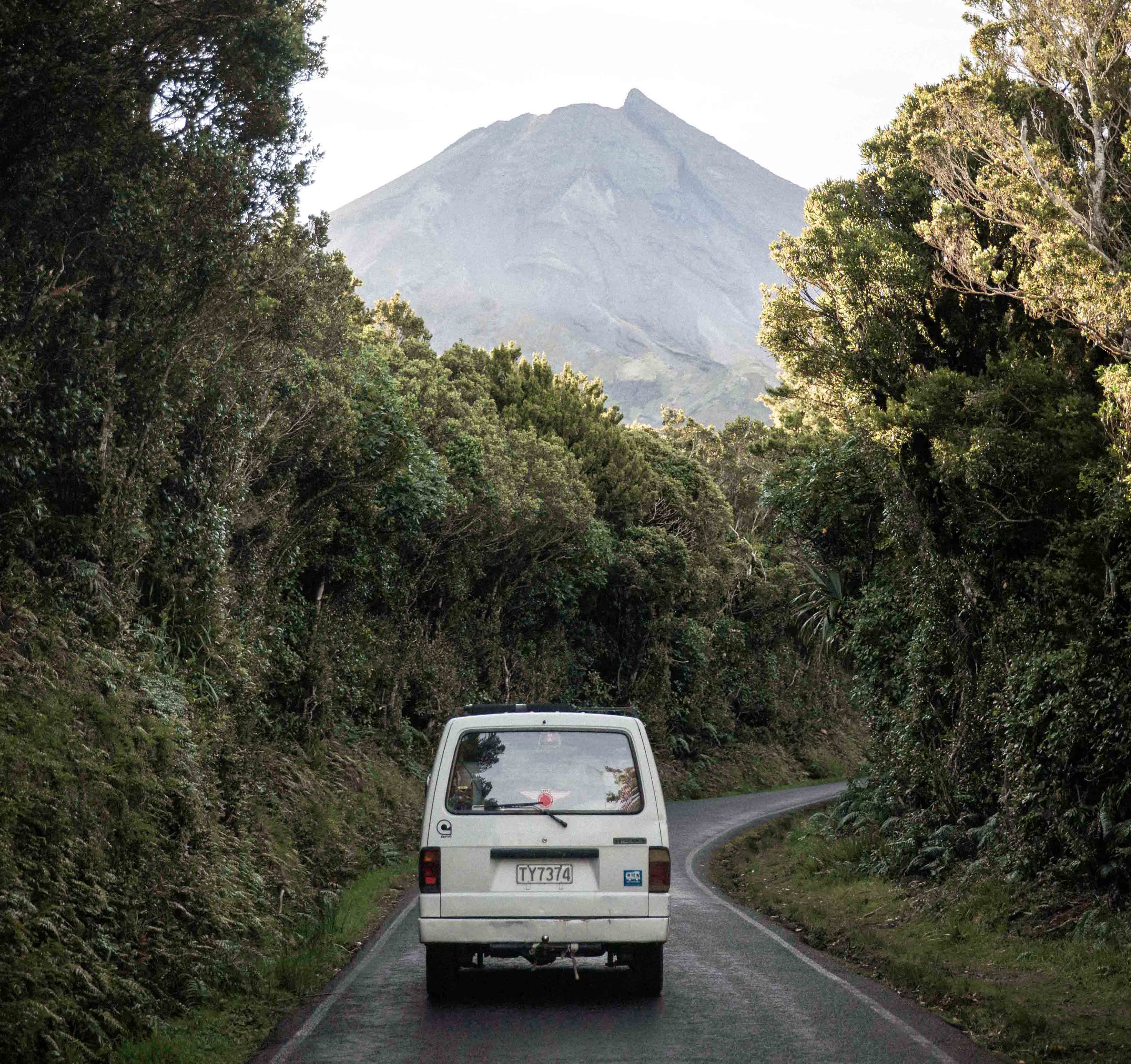
What else do you need?
The van looks good, sounds good and the test drive was a blast! But are you getting the best value for money?
If you’re buying from fellow travellers, chances are that they’ll be selling the van with lots of pots and pans, cutlery and maybe even some camping equipment. What else might you need?
- Jump Cables: No matter how reliable the van might be, everyone forgets to switch the lights off AT LEAST once. Jump cables will not only help you get started when you battery is flat, they’ll also let you help others in their time of need.
- Spare Wheel / Jack: Hopefully you’ll never get a flat tyre. But this is a roadtrip and these things happen so make sure that you’ve got what you need to get back on the road.
- Snow Chains: If you decide to buy a camper van in New Zealand at the beginning of the summer, you probably wont need those snow chains. Don’t let a seller tell you that the van is worth more because of them. On the other hand, if you’re buying the van at the beginning of winter, they might come in handy.
Things to consider:
- Is there anything missing? You can buy almost anything that you’ll need for your roadtrip in a decent gas station or at places like JayCar or Mitre10. Also, things you buy for the van could add value when it comes to sell it at the end of your trip. Items like solar panels and portable fridges are big investments but can help sell the van at a later date.
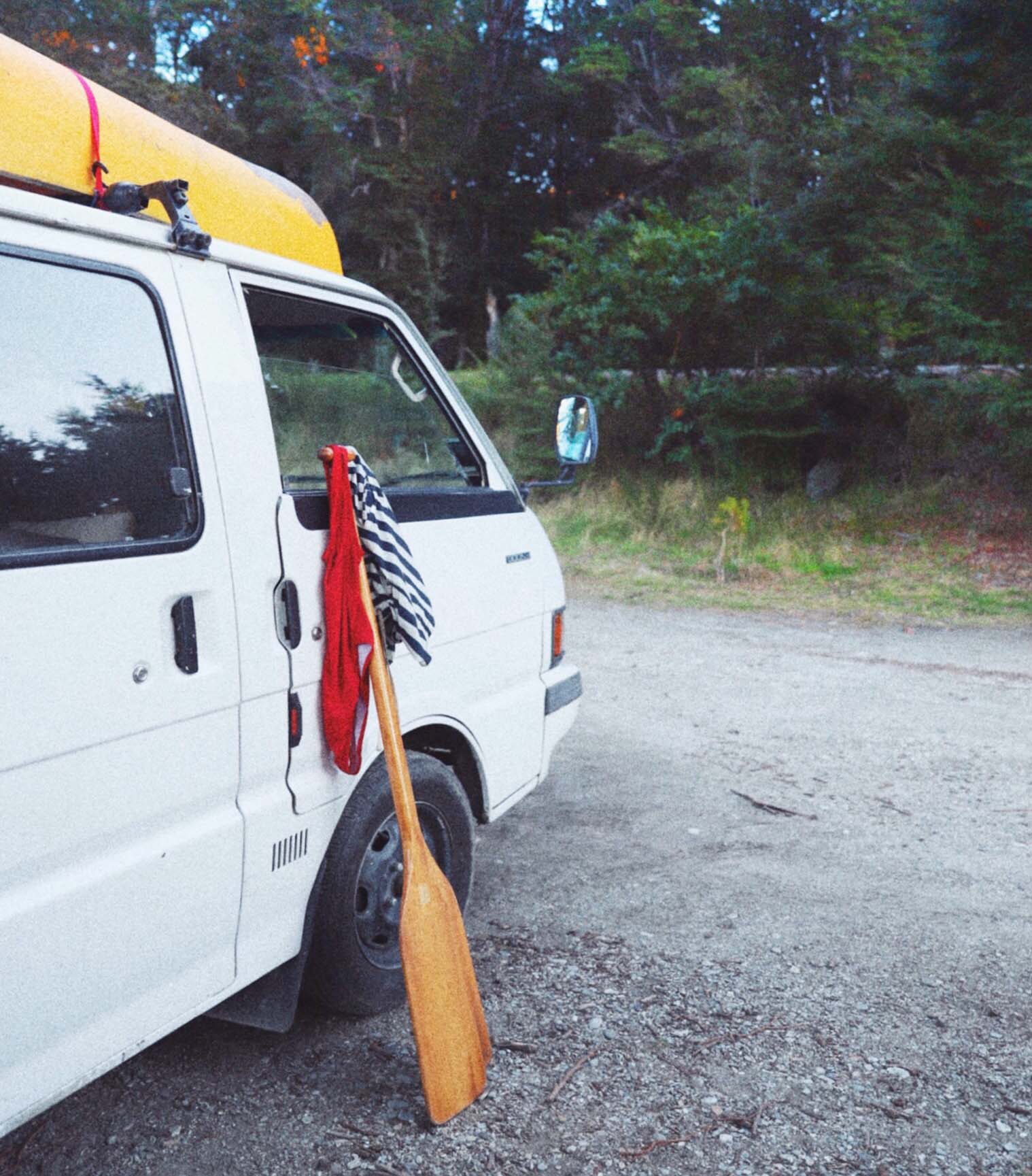
You've bought the van, now what?
You’ve agreed on a price, handed over the money and the keys are in your hand. Before you hit the road and put on that roadtrip playlist you’ve been dying to listen to, there are a few things to sort out:
- Change of Ownership: In order for the van to be registered in your name and legally yours, you’ll need to complete some paperwork. The easiest way to do this is at the nearest NZ Post Office and filling out the MR13B form (just tell the person at the counter that you need to register your new van). You’ll need to show a piece of ID and pay the $9NZD processing fee but within a few minutes the van will be officially yours!
- Check for outstanding fees: Do the previous owners have any outstanding parking tickets? Are there any outstanding Road User Charges to be paid? Ask the person at the post office to check this for you when you register the van.
- Insurance? For some reason, insurance is not mandatory in NZ, which means that it doesn’t cost a lot to insure your van. There are a lot of foreign drivers in New Zealand, some of which forget which side of the road to drive on. If you’re insured, you’ll have the peace of mind that IF anything happens whilst you’re on the road, at least you’ll be covered.
And finally, one of the most useful things we used whilst travelling New Zealand in a van was an app called CamperMate.It’s quite simply the best app available for living in a campervan in New Zealand.
Not sure where to get your gas bottle filled up? Fancy a hot shower after days of living in the same clothes? Or just desperately need to go for a big ol’ poop in a real toilet? CamperMate helps you find almost anything you might ever need whilst on your adventure.
And that’s it! If you choose to buy a camper van in New Zealand, then that new adventure is just around the corner. The open road is calling your name!


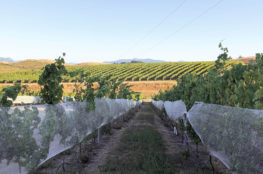
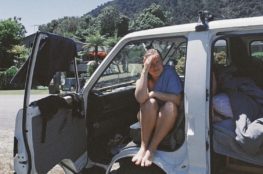

October 2, 2020
In many places, it s not legal to sleep in your car just anywhere. In New Zealand, it s also considered rude to park your van in non-designated areas and sleep. Although you may think of van life as similar to living in an RV, it s actually a lot more like camping. In our van, we cook outside most of the time, so setting up in any old neighborhood would be quite obtrusive.
October 13, 2020
Hey, thanks for you comment! It was also illegal when we were there, and we totally agree with you! You should only park in designated areas in New Zealand and we always made sure to camp at verified spots for self-contained camper vans 🙂 The app Campermate is great for this because they make sure they only show spots confirmed by the DOC!